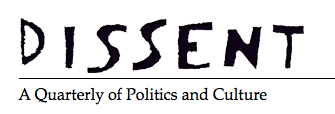Why Deng Zhengjia Will Not Be China’s Mohamed Bouazizi

Cross-posted from Dissent.
On July 17, Deng Zhengjia, a Chinese watermelon seller, got into an altercation with chengguan (para-police) officers. The chengguan allegedly struck Deng in the head, delivering a fatal blow with a weight from his own handheld scale. Local police claimed that Deng “unexpectedly fell to the ground and died,” a statement quickly mocked online for its absurdity. Deng’s case sparked an outcry against the blatantly abusive actions of chengguan on Weibo, the popular Chinese micro-blogging platform.
The government recognizes that Deng’s death cannot go unaddressed. Chengguan officers involved have been detained on criminal charges and Deng’s family offered substantial compensation. The authorities seem determined to settle the case quickly, treating it as a local matter resulting from the actions of wayward individuals, so that they can skirt a more comprehensive examination of chengguan misdeeds.
Although some journalists and online commentators have compared Deng’s death to that of Mohamed Bouazizi, the Tunisian fruit vendor whose self-immolation helped usher in the Arab Spring, we shouldn’t expect a similar outcome in China. Chengguan violations generate disgust and denunciation, but this public outcry often quickly subsides. Most in China still feel their lives are on an upward course, and the Party works hard to remind citizens that it deserves credit for three decades of economic growth and improvements in living standards. While netizens and activists may condemn the thuggish tactics employed by chengguan, there is not enough cohesive or sustained citizen outrage to make an Arab Spring–like movement likely in China.